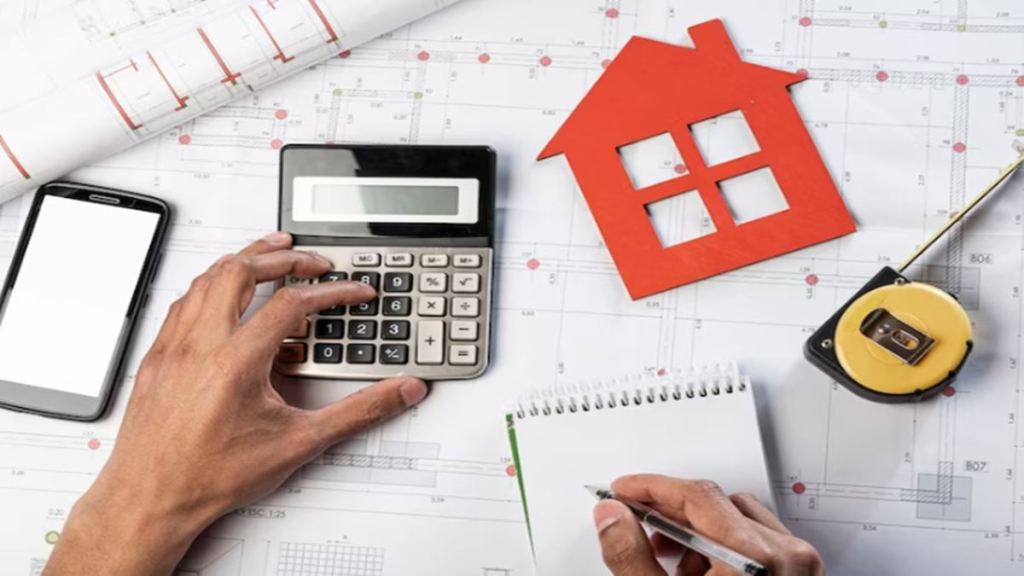Are you contemplating the significant milestone of purchasing your first house? The journey to homeownership is exhilarating yet complex, demanding careful consideration of multiple factors to ensure a sound investment.
In this comprehensive guide, we delve into key aspects such as budgeting, financing options, loan repayment strategies, ideal timing, property selection criteria, and additional costs. Let’s explore these elements to empower you in making informed decisions.
1. Crafting a Realistic Budget: The 5-20-40 Rule
Your budget sets the stage for your homebuying journey. The 5-20-40 rule serves as a valuable benchmark. According to this guideline, the cost of your house should not exceed five times your annual income. Simultaneously, the loan tenure should not surpass 20 years, and the maximum EMI should be capped at 40% of your total income. For example, with a family income of Rs 20 lakh, the ideal house budget would be Rs 1 crore.
Also Read: 5 reasons you must pay your home loan EMIs on time
2. Financing Strategies: Weighing the Pros and Cons
The decision to pay in full or opt for a loan has significant implications. “While a full down payment ensures no additional cash outflow, taking a loan provides advantages such as tax breaks, increased buying power, and the ability to keep cash available for emergencies. However, it’s essential to consider drawbacks like interest costs, monthly payments, and the potential risk of losing the property if payment obligations become unsustainable,” says Pradeep Mishra, Founder, Homents Pvt Ltd.
3. Strategic Loan Repayment Approaches
For those opting for a home loan, exploring efficient repayment strategies is paramount. Slight increases in EMI or an extra annual payment can substantially reduce the loan tenure, providing financial flexibility and early debt freedom. This nuanced approach can be a game-changer in managing your financial commitments.
4. Ideal Timing for Homebuying: Economic Conditions and Market Trends
Economic conditions and market trends play a pivotal role in determining the ideal time to buy a house. “During a buyer’s market with lower prices and favorable interest rates, seizing the opportunity becomes crucial. Additionally, your age at the time of loan application can impact approval chances, with younger individuals having a more extended working life and, therefore, higher loan approval prospects,” informs Mishra.
5. Key Considerations Before Finalizing a Purchase
Before finalizing any property, ensure it is registered under RERA, offering transparency and protection for homebuyers. Opting for a ready-to-move-in property, conducting thorough structural and legal checks, evaluating the location and neighborhood, assessing resale potential, and securing proper home insurance are pivotal steps in the decision-making process.
6. Unraveling Additional Costs and Considerations
Beyond the fundamental cost of the house, prospective homeowners must be prepared for additional charges. These include stamp duty, registration fees, brokerage, parking charges, maintenance fees, loan processing fees, and GST. Accounting for these costs is essential for a comprehensive and well-informed decision-making process.
Embarking on the journey to homeownership is a significant life event. “Armed with a thorough understanding of these multifaceted considerations, you can confidently navigate the complexities and make choices aligned with your financial goals and aspirations,” says Mishra.
Happy house hunting!

